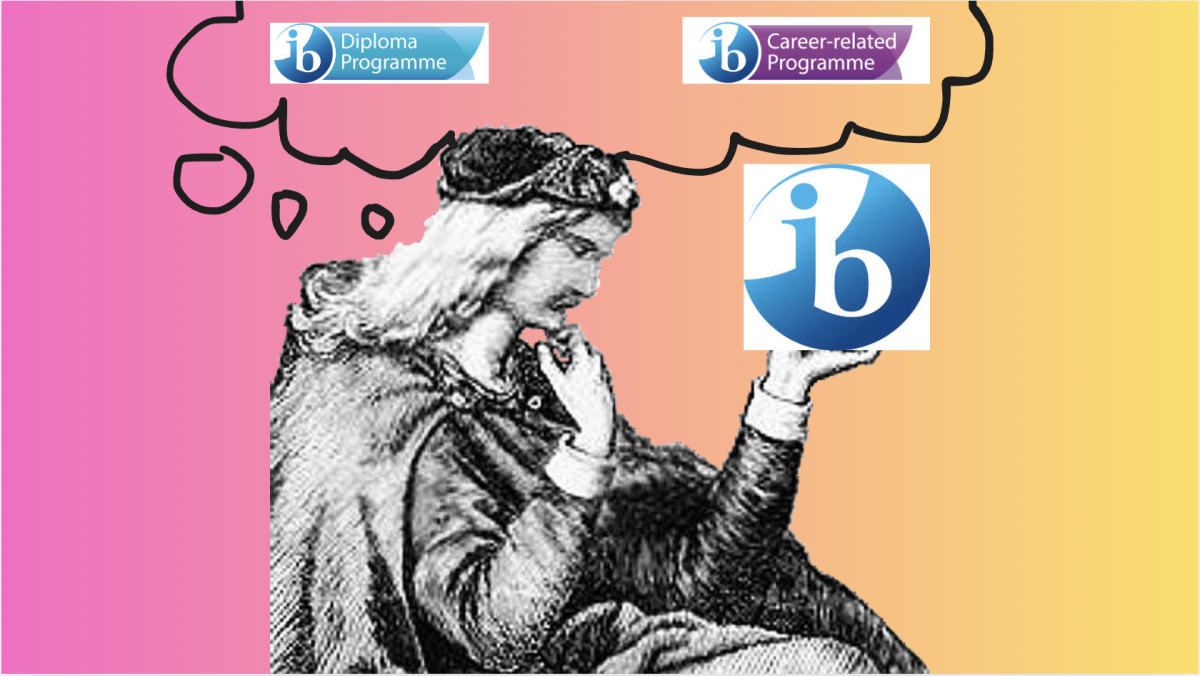
The SAT and the ACT are constantly being put against each other, both feared by students. The predetermined pressure was evident when students were constantly being told about the severity of these standardized tests. Mixed emotions cloud the minds of students at North as the time comes for many to endure the preparation for these tests. Seniors taking them for the last time and juniors taking them for the first time represent a big jump in opinion. Yet, the true emotions of the SAT (Scholastic Aptitude Test) and ACT (American College Testing) arise as fast as stress levels, and the dubs don’t mind sharing.
When it comes to the four major differences, the SAT’s length is two hours versus the ACT’s three hours. The ACT has sections of Math, Reading, English, and Science, while the SAT only has Math and Reading. The SAT has now moved to an entirely online format, while the ACT offers online and paper formats, though the online options are limited. On the other hand, the ACT is 75 questions in 45 minutes versus the SAT’s 44 questions in 35 minutes.
Junior Alex Chalk reflects on his ACT experience this past weekend. Chalk acknowledges that he likes the SAT better due to the greater amount of time per question compared to the ACT. However, he concluded that his brain is more wired towards the ACT because of his fast work ethic under a time crunch. He also praises his tutor, who he acquired through his college counselor, and believes that the SAT gets more hype than ACT, which essentially discourages people who might do well on the ACT but feel obligated to take the SAT. Chalk thinks that the ACT provides him with more comprehension than the SAT, because the ACT is more focused on reading, writing, and grammar, which he knows he’s better at. “Ever since middle school I’ve been preparing myself to take the SAT, but when my tutor suggested the ACT would be better for me I was shocked,” he said. “I was never given school-led practice ACT questions, or any information on it at all.”
Another ACT enthusiast is junior Hannah Minter. Minter agrees with her classmate Chalk on the ACT’s way of limited time helping the focus of its takers, pointing out she never has spare time on the sections of the ACT like she does for the SAT. She even points out the confusing wording on the SAT that she does not feel on the ACT, which in turn helps her point out that online practices and tutoring benefit her the most. She did not know about the ACT until 8th grade, realizing that the SAT is all anyone talks about, but no matter what standardized test Minter takes, she keeps one saying in mind. “I just tell myself overthinking a bad grade won’t help, and you always have to move on because the Earth keeps spinning even if you fail,” she said.
Junior Maya Hullum has done both the ACT and the SAT, but has the opposite reaction to Minter and Chalk when it comes to the ACT. Hullum emphasizes that she gravitates more toward the SAT because it does not stress her out as much as the ACT. Especially with the large number of questions in such a short amount of time. She points out that people think the ACT is easier because the sections have easier questions than the SAT, but everyone can agree that the SAT is easier because it’s shorter. Her motivation for continuing is to better her previous score so it will help her chances with her colleges, though some are test optional. “One thing I would say is take your time and pace yourself accordingly,” she said. “If a question is asked, make a guess and come back to it so you can move on to other questions you might understand.”
As students continue the ongoing debate of the ACT versus the SAT, it not only reveals the differences the tests have format wise and content wise, but also the different perspectives. Whether they choose the test that caters more to their skills and test-taking habits, the immense focus on the SAT are all important aspects. The overwhelming idea that the SAT overshadows the ACT in the school setting is slightly concerning. As students battle school work with studying for these tests it is important to acknowledge that the emotions and preferences we hold towards one test is determined by personal experience.













